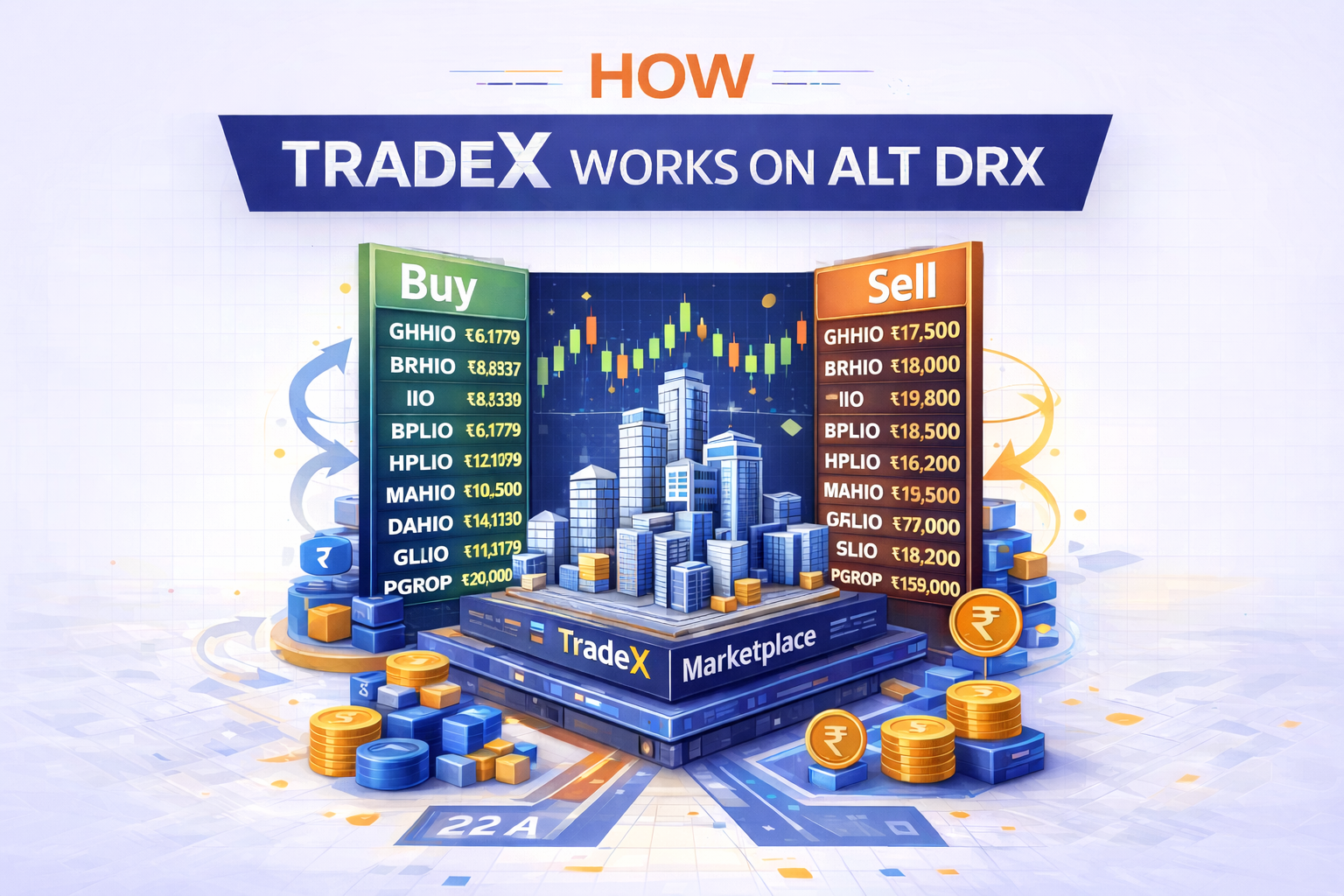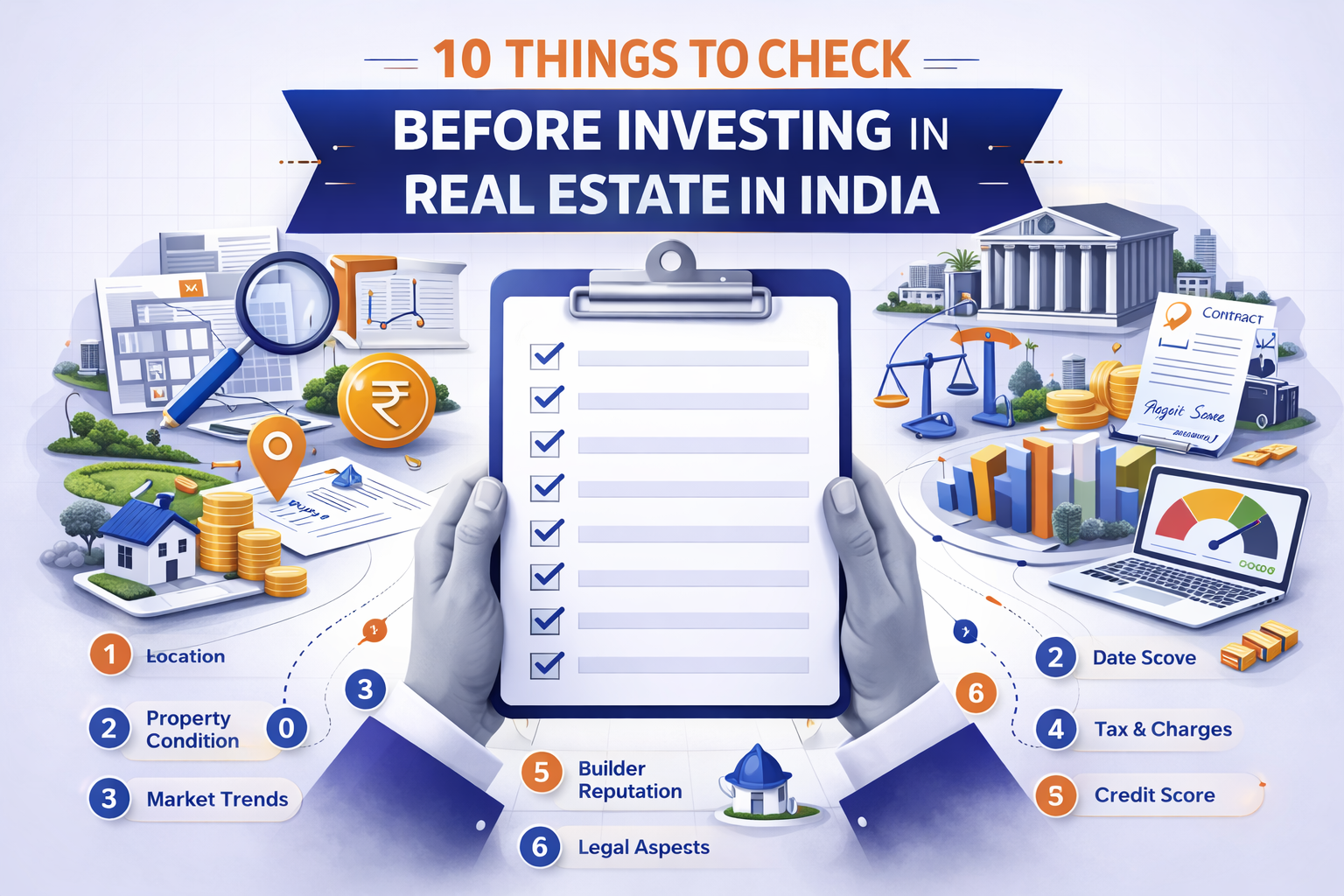India's investment scene is like a well-stocked kitchen. You've got your trusty old standbys like fixed deposits (FDs), mutual funds, and gold – things that families have relied on for years. These workhorses offer stability and can help you reach all sorts of financial goals. FDs are like that pressure cooker in the back – you know exactly what you're getting, a safe return with low risk. Mutual funds are more like a wok – you can toss in a variety of ingredients (companies) to create a growth portfolio. And of course, there's gold, the ever-reliable friend that's been a shield against inflation for ages, kind of like that cast iron skillet that just keeps on going.
Why Look Beyond? The Allure of Alternative Investments
Don't underestimate the classics but listen up! Adding some alternative investments to your portfolio can be a game-changer. Here's why:
Level Up Your Returns: Some of these alternative options have the potential to seriously outperform traditional investments. However, it's important to remember, higher risk often comes with higher reward.
Don't Put All Your Eggs in One Basket: By including alternatives, you spread your money across different asset classes. This diversification helps smooth out the bumps in the road – when one area dips, another might hold steady, protecting your overall portfolio from market crashes.
Beat the Inflation Monster: Certain alternative investments, like real estate, can act as a shield against inflation. As inflation rises, the value of these assets often goes up too, keeping your purchasing power strong.
A Glimpse into India's Alternative Investment Arena
The Indian investment scene is getting a fresh infusion of options! Alternative investments are taking center stage, offering exciting ways to diversify your portfolio and potentially boost your returns. But before you dive in, let's explore some of the hottest picks, along with the potential pitfalls to watch out for:
Fractional Real Estate Investing: Own a Slice of Prime Property
This innovative concept lets you invest in portions of high-value real estate, like luxury apartments or commercial buildings. No need to shell out millions for an entire property – you can own a piece of the pie! The Catch? Property values can fluctuate, and real estate is inherently less liquid than stocks – you might not be able to sell your share quickly if needed.
P2P Lending: Be Your Own Bank
Think of P2P lending as playing matchmaker between you and borrowers. These platforms connect you directly with individuals or businesses seeking loans, allowing you to earn attractive interest on your investment. The Word of Caution? There's always the risk of borrowers defaulting, meaning you might not get your money back. Additionally, P2P lending platforms might be subject to less regulation than traditional banks.
Cryptocurrency: Embrace the Digital Gold Rush
Cryptocurrencies like Bitcoin and Ethereum are the new wave of investment, offering a chance to be part of the exciting world of blockchain technology. But Tread Carefully! Cryptocurrencies are highly volatile, meaning their value can swing wildly. The market is also largely unregulated, so there's a higher degree of risk involved.
Sovereign Gold Bonds (SGBs): A Safe Way to Play the Gold Market
Offered by the Indian government, SGBs are essentially gold-backed bonds. This allows you to invest in gold without the hassle of physical storage. The Potential Downside? SGBs typically have a lock-in period which some investors find discouraging.
Alternative Investment Funds (AIFs): Invest with the Experts
AIFs are professionally managed funds that pool your investment with others. This gives you access to a broader range of assets, such as private equity, venture capital, or even real estate, which might not be readily available to individual investors. However, Keep in Mind: AIFs often have high minimum investment requirements, complex structures, and long lock-in periods, meaning your money might be tied up for a while.
Remember, these are just a few of the many alternative investment options emerging in India. Do your research, understand the risks involved, and choose investments that align with your financial goals and risk tolerance. Happy investing!
Fractional Real Estate Investing: A Deep Dive into its Advantages
Fractional real estate investing has emerged as a compelling alternative in the investment landscape. Here’s a closer look at its unique advantages:
Accessibility for All: This innovative concept allows you to invest in high-value properties with a lower initial investment than purchasing an entire property. This approach opens doors for a wider range of investors.
The Power of Diversification: Fractional real estate investing enables you to spread your investment across different properties and locations, mitigating risk. For instance, if the real estate market declines in one area, your investments in other thriving locations can help offset potential losses.
Professional Management at Your Service: Fractional real estate platforms typically handle property selection, tenant management, and maintenance. This management frees you from the hassles of property ownership, allowing you to focus on other aspects of your financial strategy.
Dual Income Streams: Fractional real estate offers the potential for two income streams: rental income from the property and potential capital appreciation over time. This dual approach can significantly boost your overall returns.
Understanding the Fractional Real Estate Landscape in India
The Indian fractional real estate market is experiencing rapid growth. Here are some key considerations before diving in:
Platforms and Regulations: Several online platforms facilitate fractional real estate investment in India. It’s crucial to thoroughly research these platforms, ensuring they are registered with SEBI (Securities and Exchange Board of India) and adhere to regulatory guidelines.
Investment Thresholds: Minimum investment amounts can vary depending on the platform and the property. Some platforms cater to retail investors with relatively lower minimums, while others target high-net-worth individuals (HNWIs) with higher entry points.
Property Types: The range of properties available for fractional ownership is diverse, including luxury apartments, commercial spaces, vacation homes, and student housing. Carefully evaluate the property type that best aligns with your investment goals.
Exit Strategies: Liquidity is a crucial consideration. While some platforms offer exit strategies like buyouts or secondary markets, others might have longer lock-in periods. Understanding your exit options beforehand ensures your investment aligns with your financial timeline.
Investing in Your Future: Taking the Next Step
Are you intrigued by the possibilities of fractional real estate investing? Here are some practical steps to help you get started:
Do Your Research: Take the time to thoroughly research the fractional real estate market in India. Get to know the different platforms, investment structures, and the regulatory landscape.
Evaluate Your Risk Tolerance: Be honest about your comfort level with risk. Fractional real estate can offer potentially higher returns than traditional options, but it also comes with inherent risks like market fluctuations and illiquidity.
Define Your Investment Goals: Clearly define what you want to achieve financially. Are you aiming for high returns, steady income, or a combination of both? This clarity will help you choose the right platform and property type.
Seek Professional Advice: Consider consulting a qualified financial advisor who can assess your financial situation and recommend suitable investment options.
By following these steps and conducting in-depth research, you can make informed decisions and leverage fractional real estate investing to achieve your long-term financial goals.
Building a Well-Rounded Portfolio
Exploring alternative investments can add a powerful dimension to your investment strategy. Remember, the key is to carefully evaluate your risk tolerance, investment goals, and time horizon before making a choice. Conduct thorough research, understand the risks involved, and consider seeking professional financial advice.
A well-diversified portfolio that combines traditional and alternative investments can be a powerful tool to navigate the ever-changing financial landscape and achieve your long-term financial aspirations. Break free from the confines of traditional options, explore the exciting world of alternative investments, and conquer your portfolio!






